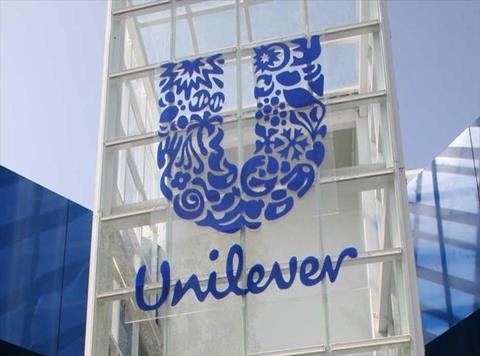
At first glance, there was plenty to like about Unilever’s full-year results on Thursday. It finished 2020 on a high, but concerns over mounting costs and shrinking margins saw the consumer giant’s shares drop by more than 6%.
Fourth-quarter organic growth of 3.5%, which brought full-year underlying sales growth up to 1.9%, was in line with City expectations, having been boosted by a coronavirus-driven spike in demand for hand and home hygiene products, laundry and in-home food and drink.
However, total annual sales fared worse than expected, falling 2.4% as the positive impact of 1.2% from M&A was undone by a negative impact of 5.4% from currency movements.
Unilever also saw a slowdown in key emerging markets, with growth falling from 5.3% in Q3 to 3.5% in Q4 as Indonesia, Thailand and the Philippines all declined.
Of more concern was the bottom line, with underlying operating profit down 5.8% to €9.4bn, driven by a negative impact from currencies, while gross margins reduced by 50bps, hit by a larger-than-expected negative impact from additional costs taken to bolster its supply chain and cope with the pressures of Covid.
Notably Unilever also guided that the next two years would see higher than previously expected restructuring costs of around €1bn each year as it strives to hit its newly reinstated mid-range growth target of 3%-5% underlying sales growth.
“Beneath the surface, things do not look that great,” said Bernstein’s Bruno Monteyne, suggesting that the lower than expected margins in the second half of the year “can be seen as the start of the lower margins” and “restructuring costs are here to stay”.
However, a more upbeat Hargreaves Lansdown suggested Unilever’s commitment to focus on growth in the US, India and China, while making more of the e-commerce channel, left it well positioned for future growth.
Steve Clayton, fund manager of the HL Select funds said: “Unilever has demonstrated strength when it matters… With a strong focus on sustainability, and strong exposures to fast growing emerging markets and the vibrant US economy the group is well positioned for the future. The defensive nature of a portfolio of brands showed its worth in this most extraordinary of years.”
Broker AJ Bell added: “Coming in short of full-year sales forecasts is not the done thing and so Unilever is somewhat punished by investors… [But] fundamentally, Unilever’s ability to keep thriving despite operating in a highly competitive marketplace is down to the strength of its brands, distribution power and marketing expertise.”
Unilever shares had dropped 6.2% by early afternoon to 4,067p – the shares’ lowest level since the onset of the coronavirus crisis hit global stocks last March.







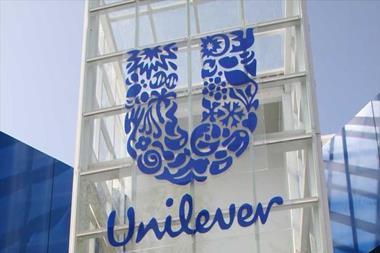
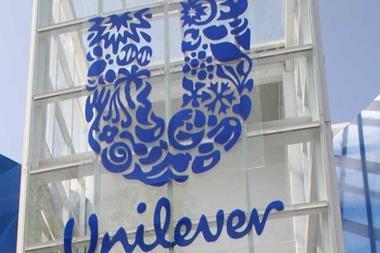
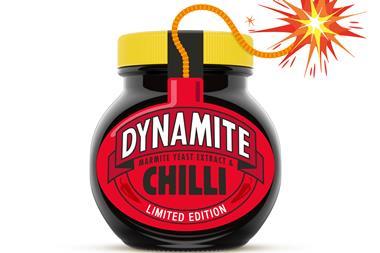
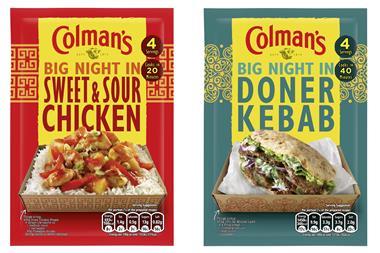
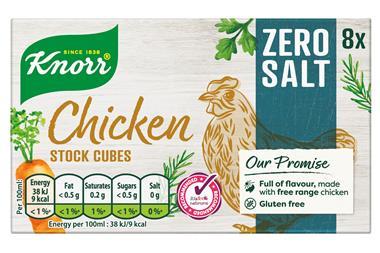
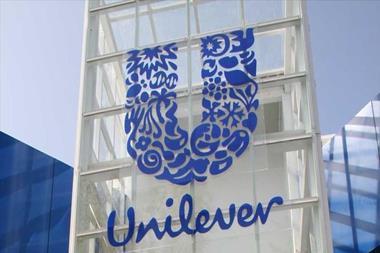






No comments yet